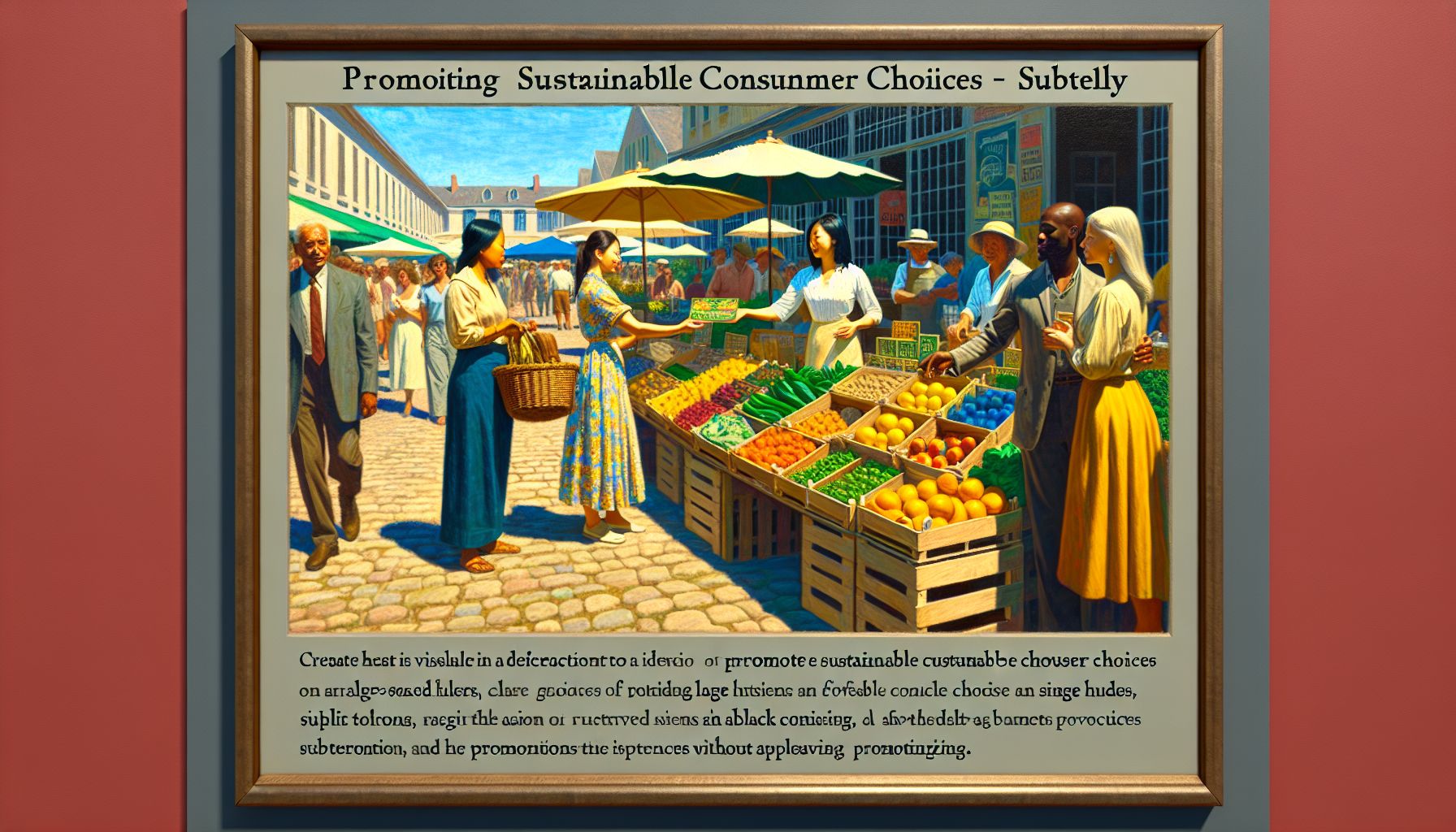Study Highlights Subtlety in Promoting Sustainable Consumer Choices

Researchers from Rijksuniversiteit Groningen found that consumers are open to sustainable choices but resist if they feel patronized, emphasizing the need for nuanced promotion strategies.
Consumer Behavior and Sustainability
The study, conducted over five years in collaboration with Universiteit van Wageningen, aimed to understand how to encourage healthier and more sustainable choices in supermarkets. The researchers discovered that while consumers are generally willing to make responsible choices, they are resistant when they perceive attempts to influence their decisions as patronizing. This insight suggests that the approach to promoting sustainable behavior needs to be more subtle and respectful of consumer autonomy.
The Role of Transparency
One of the key findings of the study is the importance of transparency in driving sustainable consumer behavior. According to the researchers, providing clear information about the health and sustainability of products can help consumers make informed choices. Tools like the Nutri-Score, which labels the nutritional quality of food items, can be effective. However, the study emphasized that such labels should be part of a broader strategy that includes other supportive actions, such as special promotions and offers for sustainable products.
Economic Realities and Strategic Approaches
The study also highlighted the economic challenges of promoting sustainable choices in supermarkets. With 70% of food purchases occurring in supermarkets, there’s a significant demand for unhealthy products that cannot be ignored for economic reasons. Therefore, the study suggests that supermarkets need to find innovative ways to promote healthy habits without eliminating popular but less healthy options. This could involve strategic placement of healthier alternatives and offering incentives for choosing sustainable products.
Collaborative Efforts for Better Outcomes
The research was part of a broader collaboration named ‘Transparant, gezond en duurzaam’ (Transparent, Healthy, and Sustainable), which included the Top Sector Agri & Food, the RUG, WUR, and the Dutch supermarket industry. The results of this collaboration, presented in The Hague, underline the importance of joint efforts in tackling the challenges of promoting sustainable and healthy consumer behavior. By working together, these organizations aim to create a more significant impact and develop comprehensive strategies that address both consumer preferences and economic realities.
Implications for Future Strategies
The findings from the study have crucial implications for future strategies aimed at promoting sustainability. As consumers increasingly value transparency and autonomy, businesses and policymakers must design interventions that respect these preferences. This means avoiding heavy-handed tactics and instead focusing on empowering consumers with the right information and incentives. The study’s insights could help shape more effective policies and business practices that foster sustainable consumer behavior without alienating the very people they aim to influence.

